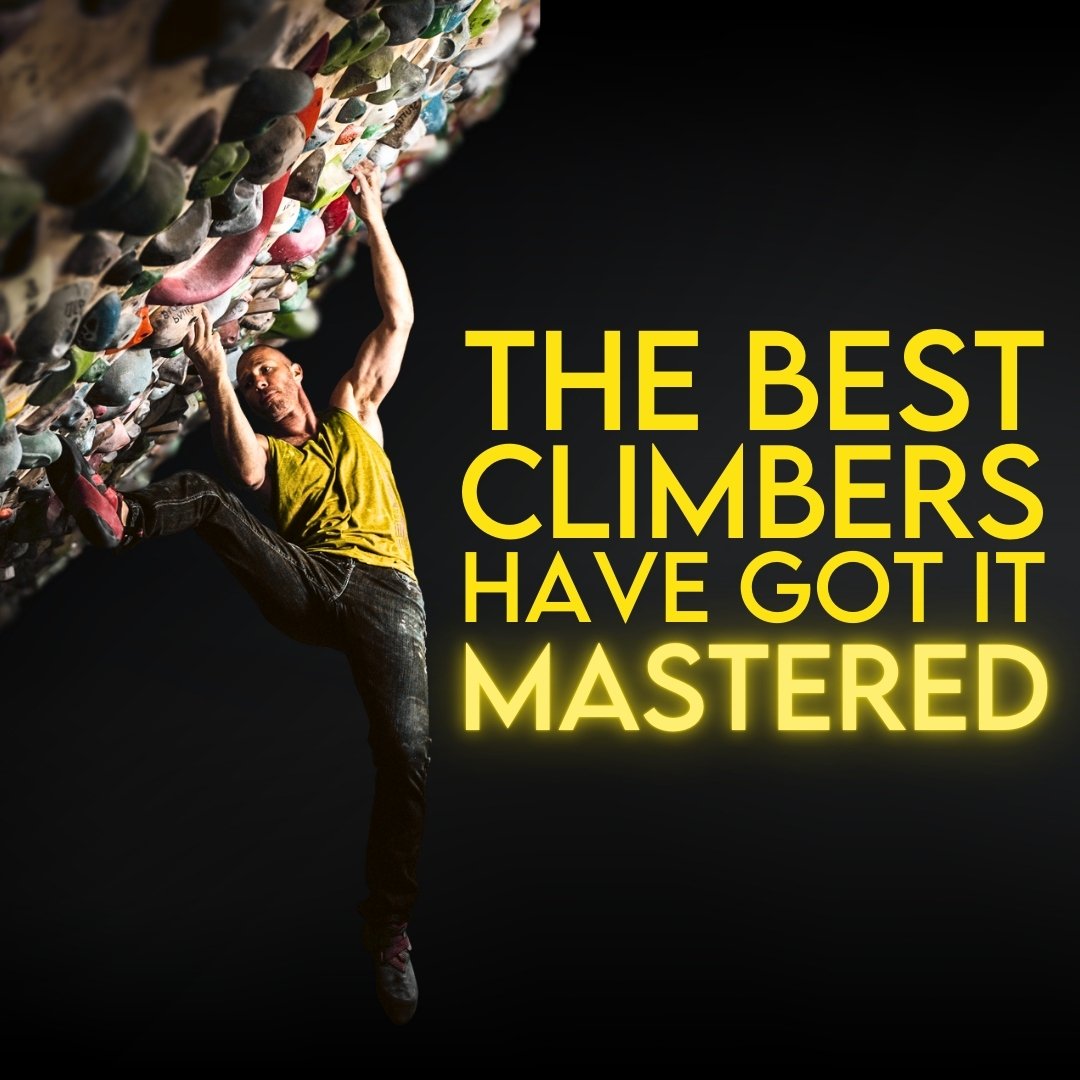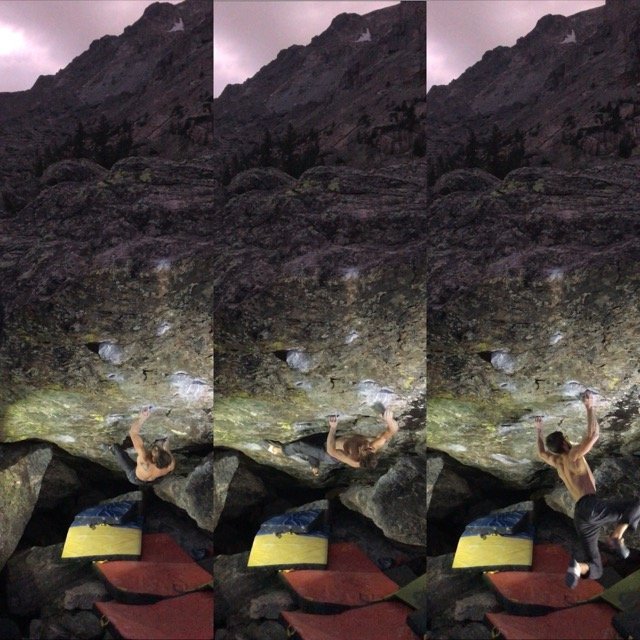Why Did That Work So Well?
When you’re struggling to create a new habit within climbing, start by focusing on the days when things go well and feel easy, rather than those days when you can’t seem to do anything right.
Our natural inclination is to dwell on the times when things go wrong or don’t happen according to plan. You leave the gym and realize you spent your entire session aimlessly wandering around and never really tried hard or focused. Instead of going to your default reaction, which might be, “Why can’t I just focus and do what I know I should? I want to get better, and this isn’t helping,”, think about the sessions when things have gone well effortlessly.
On the days when you went in, were super focused, and tried really hard, why was it so easy on that day? Did you have a plan for what you wanted to do before you went in? Were there specific people you climbed around? Was it a different time of day? Had you slept well the night before? Were there boulders you were excited about at that time? Search out the factors that make habits and routines feel easy and focus on replicating them.

The author on Full Monty in Hueco Tanks, a boulder that requires focusing on what’s going right rather than all the ways that last move can go wrong.
When things go poorly, instead of beating yourself up for it, reframe the problem. You’ll get more value out of replicating the times that things go well than you will from dwelling on the bad days. Bad sessions don’t make you a failure, they’re just data points getting you closer to a solution. It isn’t magic, it’s a process.

Despite being constantly present and often the reason we fail, Rhythm is the most underrated of the Atomic Elements of Climbing Movement.
Long-time friends Nate and Ravioli Biceps discuss lessons they’ve pulled from video gaming that can help inform our climbing.
There’s A LOT of great information out there on how to climb harder. But it’s tough to sort through…
Short climbers are good at getting scrunchy, and tall climbers are good at climbing extended, right? Wrong.
One of the most common places things start to fall apart is at the very beginning of the move.
We know spending time on a finishing link is smart tactics for hard climbs. So why not apply the same concept to individual moves?
Learning when and how to compensate for a weakness is a skill. And skills need to be practiced.
Lowball boulders, while not as proud, can still teach us new movement, new ways to utilize tension, and force us into finding new techniques.
I never thought I’d be recommending this, but some of y’all should be putting less effort into becoming technically better climbers.
Training principles are important, but when they creep into performance, your climbing will suffer. Nearly every time.
We have become collectors of dots. But there’s one major thing that happens when we connect dots that is entirely lost in mass dot collection: critical thinking.
Do you really have terrible willpower? Or are you surrounded by distractions and obstacles?
You have a climbing trip coming up. The rock is different. The style is different. Your pre-trip time is short and the number of days you’ll be climbing, even shorter…
Giving artificially low grades to climbs increases their perceived value for our training and development. The more something is mis-graded the more we naturally want to prioritize it.
Discussion around grades can be so polarizing that many of us avoid the topic.
Climbing starts off as this self-feeding cycle that has you wishing you could climb seven days a week. What happens when this cycle stops bringing improvement though?
Use strength to leverage every other aspect of your climbing, not replace them.
If everything you do is a finger workout, then when do your hands get a chance to recover?
There is a common theme between a grilled cheese sandwich and good training advice.
The more accurately we define our problems, the more approachable it will feel to find solutions.
Maybe the most understated way of getting better is to build fallback successes into your plan.
How much time should climbers spend becoming more well rounded vs. improving their strengths?
As cool as assessments and standards are, they can easily leave people settling for “good enough” when they have the potential to do much more.






























Inspiration is intoxicating, but often fades as quickly as it shows up.